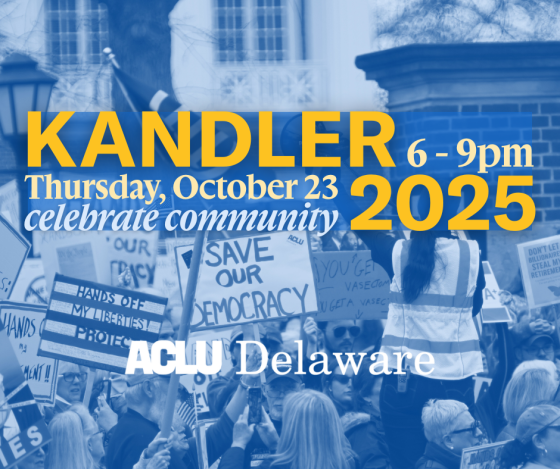The right to vote, and to have one's vote accurately and fairly counted, is a fundamental right of all American citizens.
In 1965, Congress passed the Voting Rights Act, one of the most effective civil rights laws ever enacted. The Act immediately outlawed the worst Jim Crow laws in the South, such as literacy tests and other devices that kept African-American citizens from voting.
The right to vote freely for the candidate of one's choice is of the essence of a democratic society, and any restrictions on that right strike at the heart of representative government."
- U.S. Supreme Court Chief Justice Earl Warren, Reynolds v. Sims (1964)
Our Voting System Today
Despite the 1965 advances, American voting systems are still deeply flawed and there are numerous barriers to voting:
- Our voter registration systems are outdated and cumbersome. They often seemed to be designed to prevent as many people from voting as possible.
- Elections are often poorly managed—the ballot is confusing, there aren’t enough polling places and lines are so long they discourage voting.
- Insecure and flawed voting machines can fail to record votes or record votes improperly.
- Felons who have served their time in prison are prevented from voting.
Often, these flaws in the voting system disproportionately affect people of color and alienate already marginalized communities from the voting process. New barriers to voting such as restrictive voter ID requirements and deceptive practices will likely disenfranchise millions more.
What We Can Do
Voting rights and election integrity depend on sound administration in thousands of jurisdictions. For every voting-age citizen, America's goals should be:
- Every citizen who wants to be registered, is registered;
- Every citzen who wants to vote, can vote; and
- Every vote that is cast is a vote that is counted.
The ACLU-DE is a voting rights watchdog. We believe we must reinvigorate the democratic process through policies that encourage voter participation, and avoid policies that keep citizens from exercising this hard-won right.
